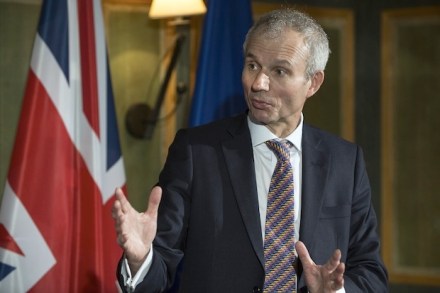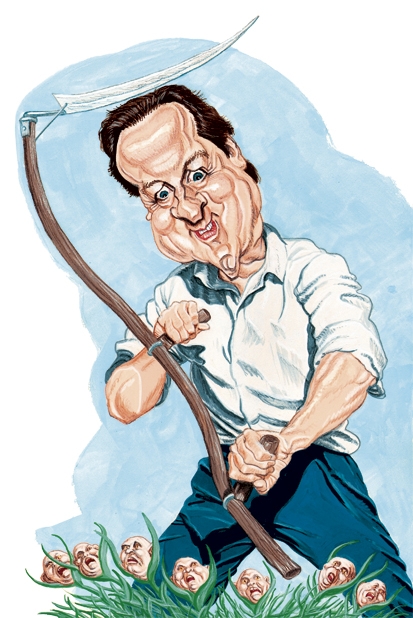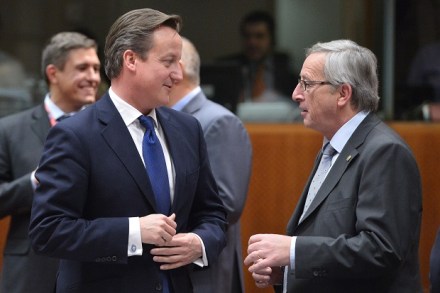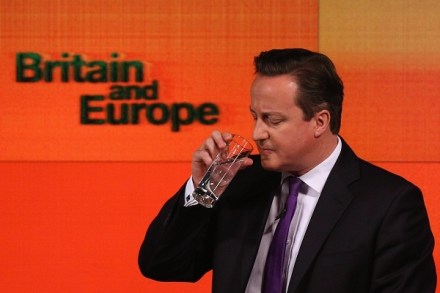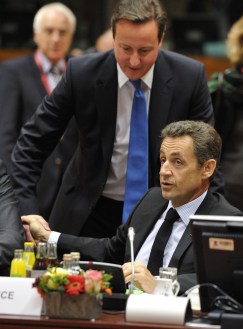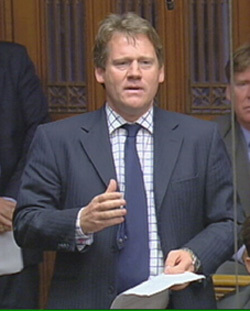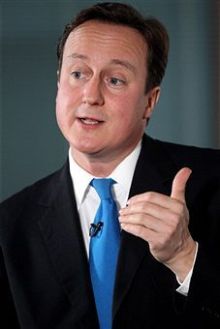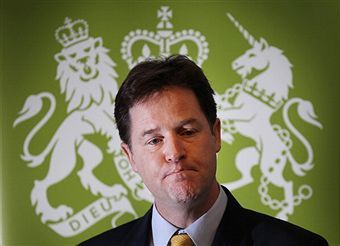David Lidington’s new nickname
David Lidington found himself briefly trending on Twitter over the weekend after reports began to circulate that May’s de facto deputy was being talked up as a caretaker prime minister. The idea was that Lidington – a former Europe minister who voted Remain – could step in for May and act as a unifying leader who could reach some form of Brexit consensus in the House of Commons – later standing aside for a full blown leadership contest to take place. However, owing to the fact that Brexiteers suspected this form of Brexit consensus would involve reaching across the House and pivoting to a soft Brexit, the idea quickly fell








